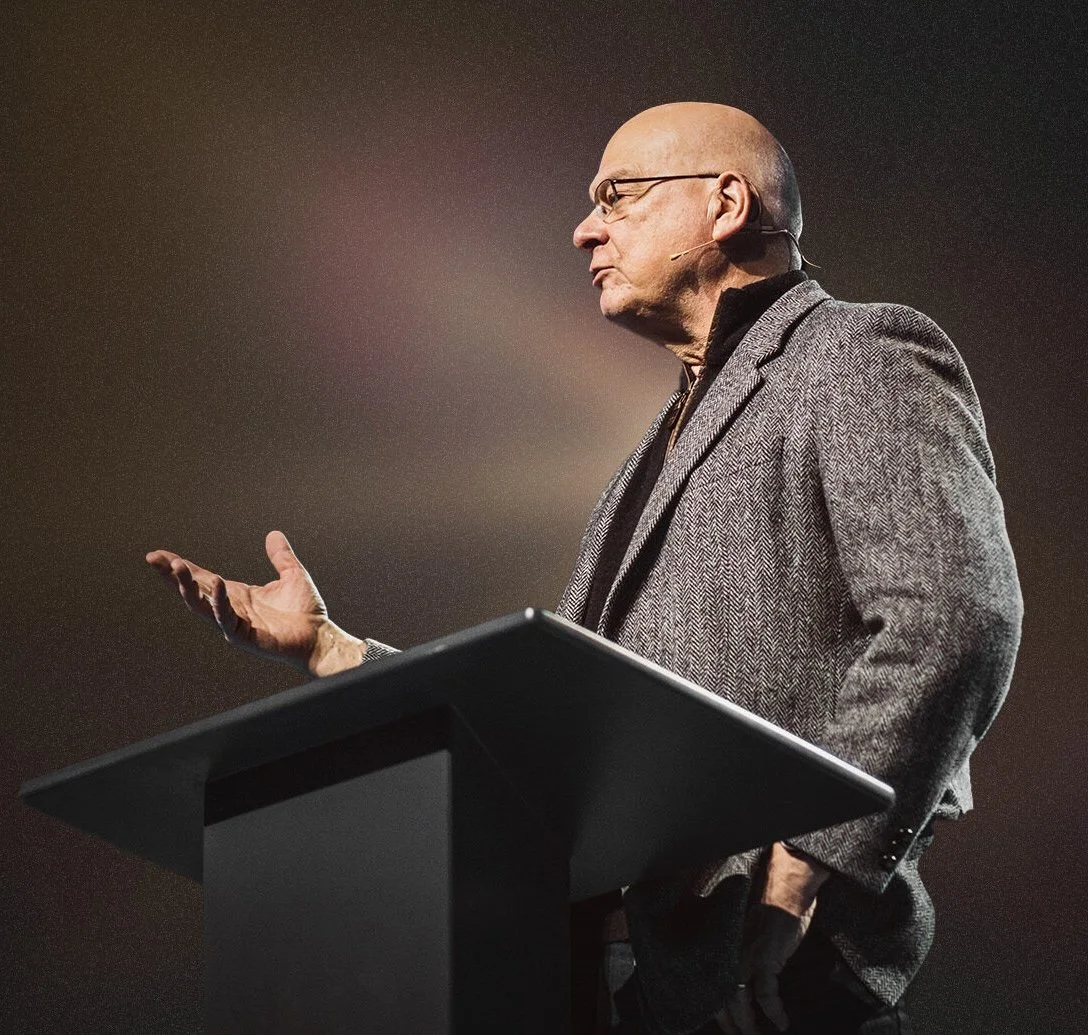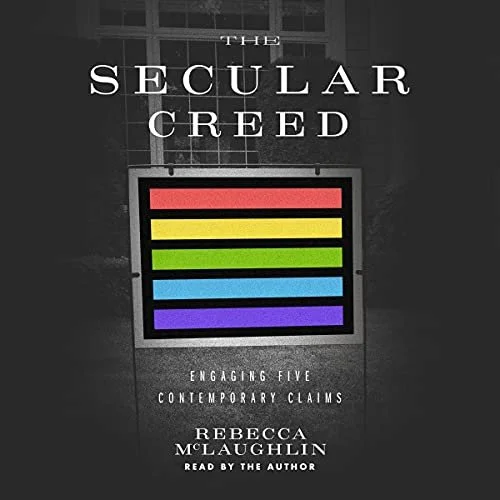Promoting Cultural Engagement
Core Value | Reveal Truth
“Trying to separate Christianity from culture is like trying to extract the flour from a baked cake: it is a fool’s errand that destroys what it examines and only creates a useless mess…. often, principles that harmonize beautifully in the Bible are wrenched apart and set up as absolutes on opposite sides of a debate by the ‘divorce artists’ of contemporary politics and cultural theory.” - Christopher Watkin, Biblical Critical Theory
As a leader in the life of 7MR, you are constantly encountering moments where it feels like the only option is either to embrace “secular” cultural ideologies fully or to reject them completely. Instead, the resources below challenge you to a more nuanced approach - inviting you to see how we as believers can engage the culture in a more sustainable and in fact biblical way.
Once More, Christ and Culture
Brad East offers a rich, admittedly dense, argument for how the church should engage the culture. Read this one slowly - it’s worth the effort!
Article (20 min)
reflection questions After reading
How have you approached thinking about the relationship between the church and the culture in the past?
Do you agree with East’s “Resistance, Repentance, Reception, Reform” model for cultural engagement? What questions do you still have?
How do these 4 R’s play out practically in a House Church Environment?
Humble Cultural Engagement
In this talk, Tim Keller discusses how the Gospel revolutionizes the way that cultural renewal plays out in our day and age, and reveals that humility is actually the most fundamental value underpinning our engagement with the culture.
Video (25 min)
reflection questions After Watching
Keller says that there are three ways the Gospel changes how we engage culture:
1) The Gospel gives your heart the humility to appreciate the contributions of both Christians and non-Christians.
2) The Gospel gives you the courage to actually provoke the culture, respectfully.
3) The Gospel shapes the way that you lead in your vocation.
Which of these three resonates with you the most? How can you practice these principles when engaging with non-believers that come in to the life of your House Church?
The Secular Creed: Engaging five contemporary claims
Here, McLaughlin engages and critiques five cultural “creed” statements: (1) black lives matter, (2) love is love, (3) gay rights are civil rights, (4) women’s rights are human rights, (5) transgender women are women. Highly relevant and practical for leaders in our setting.
Book
reflection questions After reading
Which of these five “secular creeds” have you encountered most? What have you learned from this book about how to engage that particular claim?
Consider past circumstances where these issues were raised in a HC setting. How did you address them then? Is there anything you would do differently now?
Distill one key takeaway and have a conversation with a close friend about what that is.



